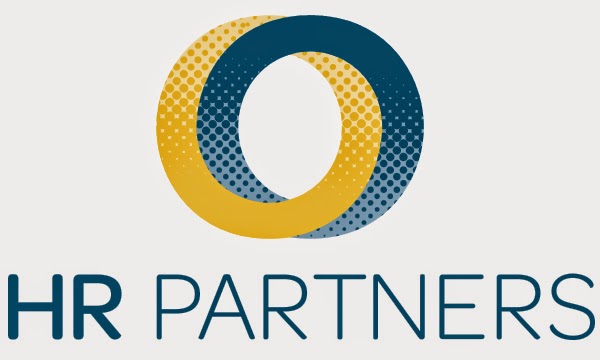A company’s employees are always one of the most valuable
resource they can have. Employees like to feel kept in the loop and know what
is going on in and with the company they represent. Yet, all too often, in an
effort to provide the best customer relations, companies push communicating
with their employees to the back burner. This can lead to lower employee morale
and eventually then decreasing employee productivity.
However, there are seven simple steps that every company can
begin to put in place to avoid this problem.
1) Personalize company goals with each individual
employee and departments’ priorities and goals. When mistakes occur or a
project ventures off course, ask yourself “what context or information did I
not provide my team with adequately?”
2) Employees want to know how they fit into the
overall corporate equation. They desire to know their job has meaning and is
needed in the company structure. Communicate with your employees how their
position helps enhance the company standing, completes the workload, etc.
3) In numerous studies, the boss is always the
preferred source for information related to an employee’s job. Be ready with
essential information to help employees perform their job more effectively.
4) Performance feedback is always appreciated by
employees. It is better to provide a more real time stream of feedback in
addition to the more formal annual reviews. This allows you the ability to
reinforce good behavior/activities and correct misguided ones closer to the
actual action.
5) Try to look at what an employee wants and/or
needs from their point of view. Employees want to feel their boss can empathize
with them.
6) Conduct various things such as engagement
surveys, listening sessions, etc. to hear how the company and procedures are
from the employee’s point of view. Enlisting the help of a third party to
conduct these reviews helps employees feel more comfortable to open us and
provide constructively honest answers.
7) Be consistent and reliable with when you
communicate with your employees. Establish a plan for employee communications
and then inform all of your employees of when they can expect to hear
information from you.
For more information or help setting up an employee
communication plan, call your Lowden & Associates team member at
770.248.0401.


